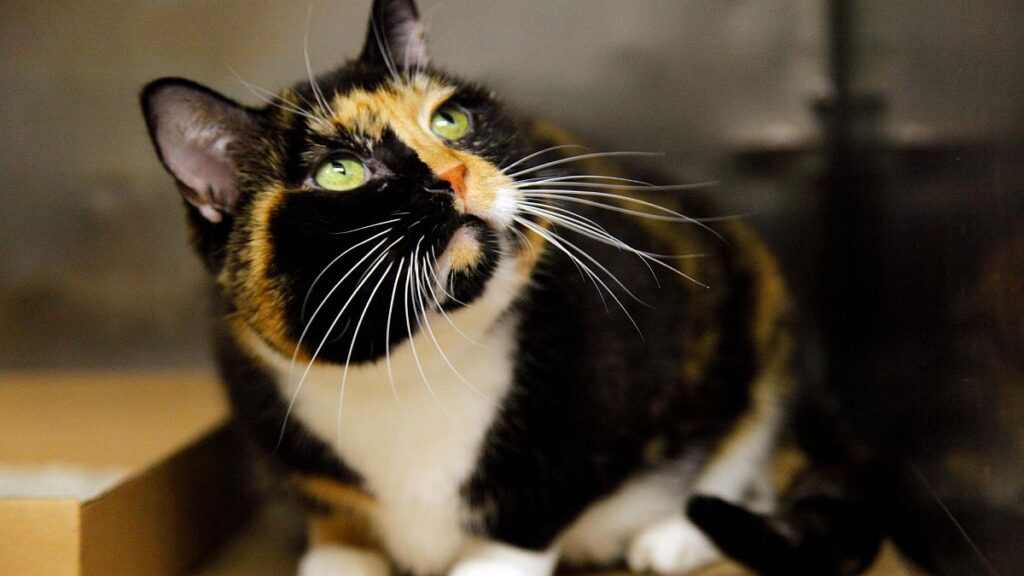Published on
The European Parliament has backed the mandatory microchipping of all cats and dogs across the EU, in a bid to reduce fraud and improve the enforcement of animal welfare standards.
This brings the EU a step closer to setting minimum common standards for the breeding and keeping of cats and dogs, after the vote on amendments to the European Commission’s original proposal.
This vote paves the way for negotiations with EU ministers, who had already adopted their position last year.
Currently, pet registration is mandatory in 24 EU member states, but the systems are fragmented. Only a private initiative, Europetnet, links national and regional databases in 17 countries.
MEPs also proposed that dogs and cats imported from non-EU countries for sale must be microchipped before entry and registered in a national database.
“This marks a clear move against illegal breeding and the irresponsible importation of animals from outside the EU,” said Veronika Vrecionová, the Czech conservative MEP who acted as rapporteur on the file.
Animal welfare organisations hailed the vote as a major breakthrough, noting that the law would ensure basic standards – including proper feeding, veterinary care and protection from abuse – helping eliminate unregulated backyard breeding and abusive puppy and kitten mills.
Some earlier amendments by MEPs had sparked concerns for potentially facilitating illegal trade. However, animal welfare NGOs confirmed these issues were resolved in the final plenary vote.
Crucially, the Parliament went beyond the Commission’s original proposal by calling for full identification and registration of all kept cats and dogs, not just those placed on the market.
“MEPs have finally taken a step today that we’ve been waiting for for years, one that could end the illegal pet trade once and for all in Europe,” said Joe Moran, European office director for FOUR PAWS International.
To prevent the exploitation of animals, MEPs also want to limit the number of litters a female animal can have during her lifetime. The rules would apply universally to all breeders, regardless of their size.
In particular, the European Parliament took a positive step by including small breeders in the scope of the proposal, according to Iwona Mertin, companion animals programme leader at Eurogroup for Animals.
“This is significant, especially in countries where 80% of breeders produce fewer than four litters per year. Without this, a major loophole would remain,” she said.
There are currently 127 million cats and 104 million dogs in the EU, with about 44% of households owning a pet. The sector’s annual value is estimated at €1.3 billion, according to EU Commission data.
MEPs also left the door open to extending the law’s protections to other companion animals in the future, by supporting the creation of a so-called “Positive List,” namely a list that would allow only species deemed suitable to be kept and sold as pets.
Final negotiations between the Parliament and EU ministers are expected to begin soon, marking the last phase before the law can be adopted.
Video editor • Gregoire Lory
Read the full article here

